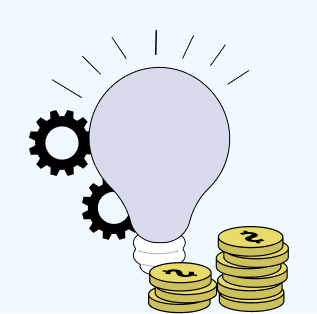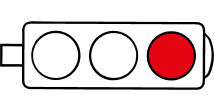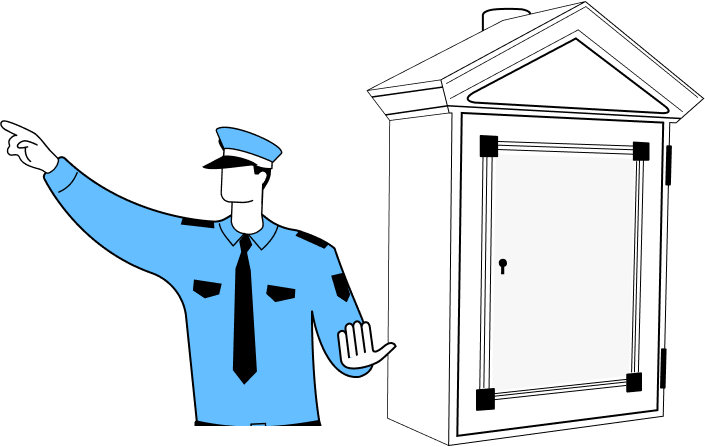A New Use for an Old Cliché: You Made your Bed, Now Lie in It
This cliché is constantly misunderstood. When you hear it, you are likely to think of making your bed the same way you thought of it when you were a kid; that it means you are restoring order to it by pulling up, tucking in, and generally arranging the sheets and covers after you have slept in it. With this thought as your frame of reference, this cliché is non-sensical. Why would anyone lie in the bed they just made?
The true meaning is, of course, more literal in that it refers to the physical construction of the bed and that if you have taken the time to craft your own bed, then it would make perfect sense to get the most out of it by using it for its intended purpose.
So, right off the bat, there are a couple of problems with this one. Namely, that it is easily misunderstood and that the literal meaning isn’t applicable to most of us. I certainly have never built my own bed and I don’t think it is a stretch for me to believe that most of you haven’t either.
The confusion aside, I do think there is a pretty good message here and that is that if you have taken a stance or developed a position on something, you should also be prepared to face the consequences of that action or belief.
In my line of work, an example of this would be if I decided to loan money to a borrower who had displayed poor payment history in the past, I shouldn’t be surprised if I have trouble collecting on that loan. Another example could be if a high school student decided to not take her coursework seriously, she should not be caught off guard if she finds it difficult to get into the college she would like to attend.
I believe the central theme of this cliché is to encourage you to take everything into account when you make a decision, both short and long-term consequences, so that you are prepared to handle anything that comes your way. If you do this, you will be more likely to make your commitment count and less likely to back out or change your mind when any difficulty arises. You will also be more likely to make a sound decision if you think about potential outcomes on the front end.
I am in favor of any direction or advice that supports good decision making, I would just prefer it to be more clearly worded. How about, you made your coffee, now drink it? Maybe, you planted your garden, now tend it? Sorry, this may take a while…you started your car, now drive it?
Scott Arney
Chief Executive Officer
Chicago Patrolmen’s Federal Credit Union






